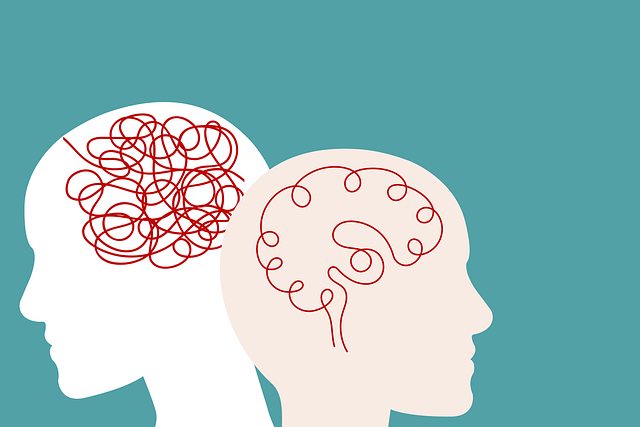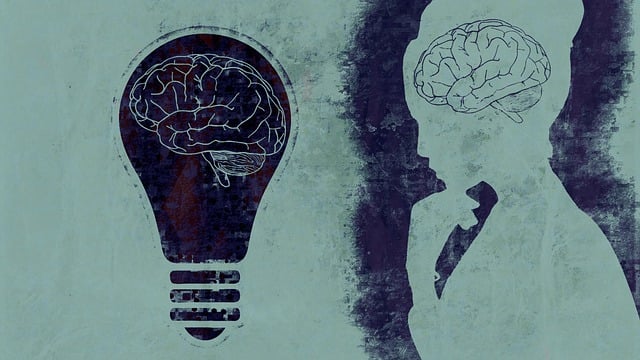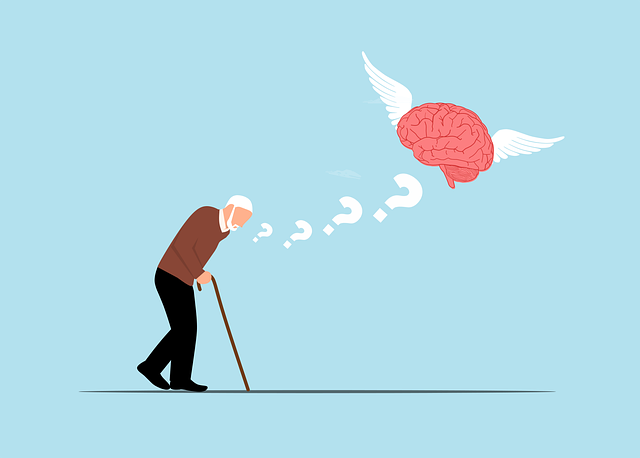Mental wellness involves holistically caring for your mind, body, and social connections. Self-care practices like sleep, exercise, mindfulness, and therapy (e.g., Arvada Interpersonal Issues Therapy) are essential. Understanding personal needs through introspection guides self-care routines. Incorporating workshops, podcasts, and professional guidance from organizations like Mental Health Policy Analysis and Advocacy helps manage stress and interpersonal issues. A balanced approach combines physical activities, emotional practices, healthy habits, and social connections tailored to individual preferences for optimal mental wellness. Regularly assess and adjust your routine based on changing needs and circumstances.
In today’s fast-paced world, cultivating mental wellness through a dedicated self-care routine is paramount. This comprehensive guide explores the transformative journey of enhancing your mental health and overall well-being. From understanding the foundational concepts of mental wellness and self-care to identifying personal needs and navigating interpersonal issues with Arvada Interpersonal Issues Therapy, we provide actionable steps. Learn how integrating therapy into your daily practices creates a balanced, sustainable routine that adapts over time, ensuring long-lasting positive changes.
- Understanding Mental Wellness and Self-Care
- Identifying Personal Needs and Interpersonal Issues
- Integrating Therapy into Your Routine
- Creating a Balanced Self-Care Plan
- Sustaining and Adjusting Your Routine Over Time
Understanding Mental Wellness and Self-Care

Mental wellness is a holistic state that encompasses our emotional, psychological, and social well-being. It’s about recognizing and valuing our unique minds and bodies, and taking proactive steps to maintain balance. Self-care, a vital component of mental wellness, involves intentional activities that nurture our overall health. These can range from simple practices like getting enough sleep and engaging in physical activity to more targeted efforts such as practicing mindfulness or seeking professional support through interpersonal issues therapy in Arvada.
Understanding one’s own mental landscape is key. This includes developing self-awareness exercises to identify triggers, emotions, and thought patterns. By fostering positive thinking and effective stress management skills, individuals can navigate life’s challenges with resilience. Additionally, participating in workshops or joining organizations focused on stress management can provide valuable tools and support networks, contributing to a robust mental wellness self-care routine.
Identifying Personal Needs and Interpersonal Issues

Identifying personal needs is a crucial step in developing an effective self-care routine. This involves introspecting to understand what brings you joy, relaxation, and a sense of fulfillment. It could be as simple as carving out time for hobbies or engaging in physical activities that boost your mood. For others, it might mean addressing underlying interpersonal issues through therapy, especially if past experiences or current relationships significantly impact mental wellness. Arvada Interpersonal Issues Therapy offers specialized support for individuals navigating complex emotional connections and seeking healthier interactions.
Understanding the interplay between personal needs and interpersonal dynamics is key to holistic mental health. Factors like work stress, family responsibilities, or social pressures can contribute to mood management challenges. Incorporating coping mechanisms tailored to these unique demands requires self-awareness and a willingness to prioritize mental wellness. Additionally, seeking professional guidance through Mental Health Policy Analysis and Advocacy resources or engaging in educational initiatives like Mental Wellness Podcast Series Production can equip individuals with valuable tools for navigating complex emotional landscapes.
Integrating Therapy into Your Routine

Incorporating therapy into your self-care routine is a powerful step toward improving mental wellness. Arvada Interpersonal Issues Therapy, for instance, focuses on fostering healthy relationships and resolving conflicts, which are significant aspects of mood management. Regular sessions with a qualified therapist can provide valuable tools for stress management, helping individuals navigate challenges and improve their overall well-being.
Therapy offers a safe space to explore personal experiences, process emotions, and gain insights into one’s thoughts. This practice is particularly beneficial when combined with other self-care activities like meditation, exercise, and journaling. Moreover, considering the cultural sensitivity in mental healthcare practice ensures that your therapy aligns with your unique background and identity, enhancing its effectiveness. Stress Management Workshops Organization can also play a crucial role by offering resources and guidance on integrating these practices into daily life, ultimately contributing to a holistic approach to mental wellness.
Creating a Balanced Self-Care Plan

Creating a balanced self-care plan is an essential aspect of maintaining mental wellness, especially when addressing interpersonal issues. At Arvada Interpersonal Issues Therapy, we understand that self-care looks different for everyone and often involves a combination of physical, emotional, and social practices. A well-rounded routine can help manage anxiety relief, improve coping skills development, and provide much-needed crisis intervention guidance.
This journey begins with identifying personal needs and preferences. Some may find solace in activities like meditation or yoga, while others might prefer creative outlets such as journaling or painting. Incorporating regular exercise, healthy eating, and adequate sleep is fundamental for overall well-being. Additionally, setting boundaries, prioritizing social connections, and engaging in hobbies can significantly contribute to a balanced self-care plan tailored to individual needs.
Sustaining and Adjusting Your Routine Over Time

Maintaining a mental wellness self-care routine isn’t just about starting new habits; it’s about cultivating a lifestyle that adapts to your evolving needs. Just as Arvada Interpersonal Issues Therapy might tailor its approach based on individual progress, so should your self-care practices. Regularly assess what aspects of your routine are effective and which areas need adjustments. This ongoing risk assessment for mental health professionals is crucial to ensure your well-being doesn’t become a static entity but grows and strengthens alongside you.
Over time, life circumstances, emotional states, and even cultural dynamics can shift, impacting your mental wellness. Therefore, be open to modifying your self-care practices accordingly. Incorporate new techniques or activities that resonate with your current needs, whether it’s adding mindfulness practices for stress management, engaging in creative outlets for emotional expression, or adopting healthier habits to improve sleep and physical health—all elements that contribute to a robust mental wellness routine.
Developing a robust mental wellness self-care routine involves understanding your unique needs, integrating therapy as needed (considering options like Arvada interpersonal issues therapy), and maintaining balance. By identifying personal triggers and incorporating therapeutic practices, you can create a sustainable plan that enhances overall well-being. Regularly assess and adjust your routine to adapt to life’s changes, ensuring a healthy mind in a dynamic world.














